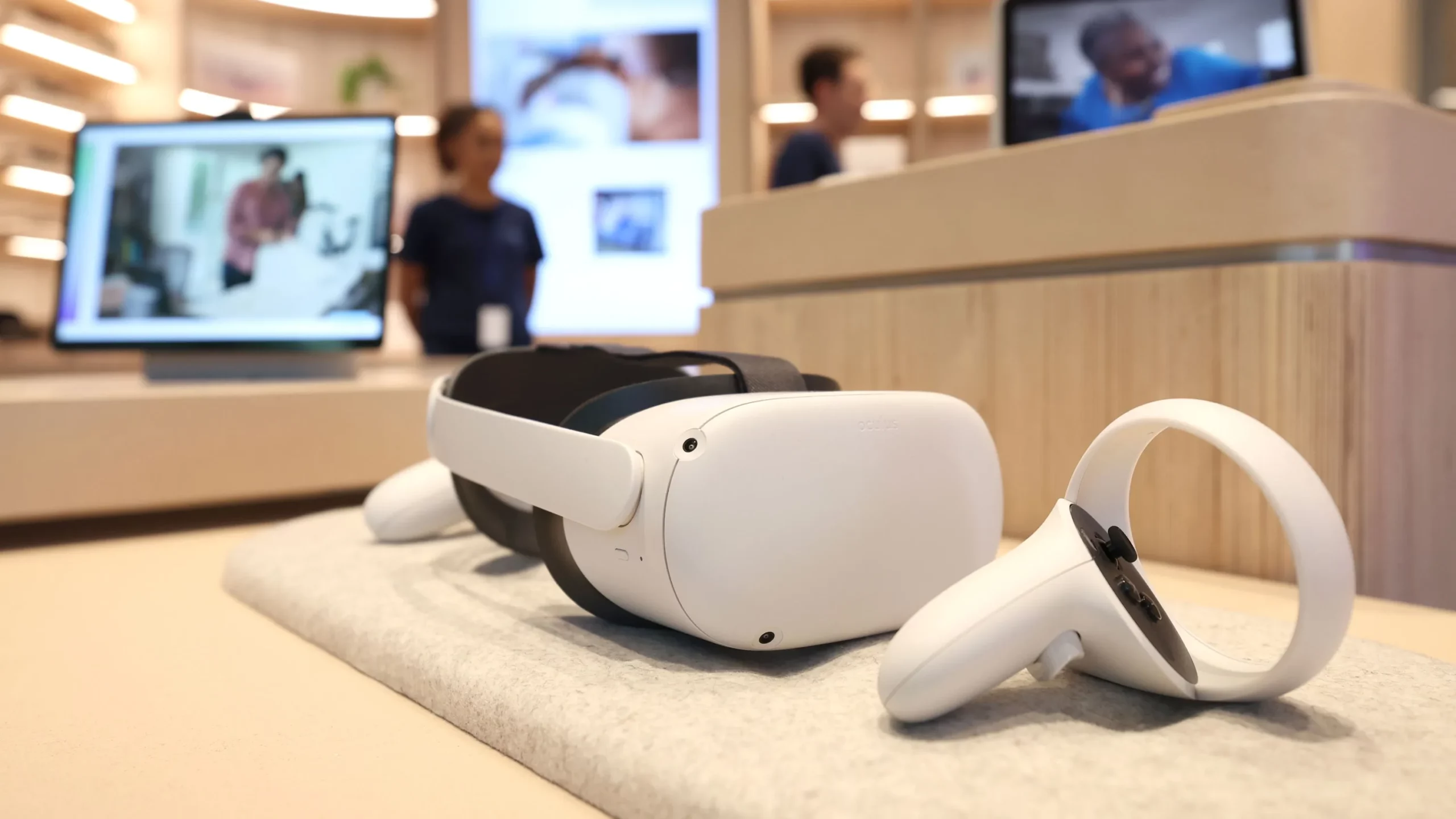
Meta’s Reality Labs unit, which focuses on the company’s metaverse technologies, reported a substantial operating loss of $4.48 billion for the second quarter.
The Reality Labs division, which includes products such as the Quest VR headsets and Ray-Ban Meta smart glasses, has been a significant area of investment for Meta, driven by CEO Mark Zuckerberg’s vision for the future of personal computing.
Since the late 2020 launch of its metaverse initiative, Reality Labs has accumulated approximately $50 billion in total losses. This significant financial commitment highlights Meta’s ongoing efforts to develop the hardware and software infrastructure for what Zuckerberg describes as the next major phase in computing.
Revenue for Reality Labs in the second quarter reached $353 million, representing a 28% increase from the $276 million reported during the same period last year. However, this figure fell short of analysts’ expectations, who projected the unit would generate $371 million in revenue.
Quest 3 and Vision Pro: Competing in the VR Market
In September, Meta launched the Quest 3 VR headset, priced at $499, as part of its strategy to expand its presence in the virtual reality market. This launch was closely followed by Apple’s introduction of its Vision Pro VR and AR headset, which has a starting price of $3,500. Apple’s Vision Pro also entered the Chinese market, retailing for 29,999 yuan, equivalent to approximately $4,128.
Focus on Smart Glasses and AI Integration
Despite the still-nascent state of the VR market, Meta has been increasing its focus on promoting its smart glasses line, co-developed with Ray-Ban. Advances in artificial intelligence, particularly in large language models, are being integrated to enhance the capabilities of these smart glasses.
In July, Francesco Milleri, CEO of Ray-Ban parent company EssilorLuxottica, revealed that Meta plans to become a shareholder in the European eyewear maker. This move builds on an existing partnership between the two companies that dates back to 2020.
The second generation of Meta’s smart glasses, which became available in October, has a starting price of $299. Zuckerberg mentioned during an April earnings call with analysts that there could be a “meaningful market for fashionable AI glasses without a display,” emphasizing the potential for these devices even in the absence of traditional screens.
Featured Image courtesy of Justin Sullivan/Getty Images
Follow us for more updates on Meta.
